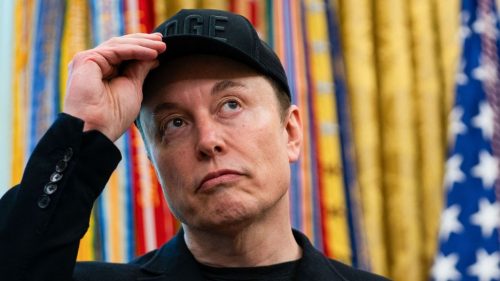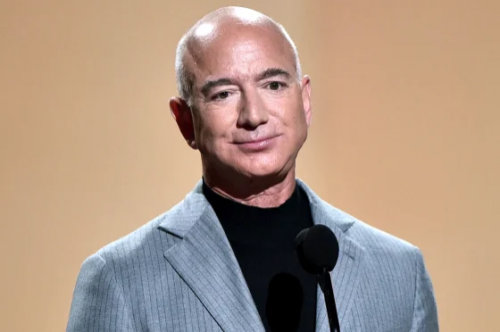A scientist who wrote a leading textbook on artificial intelligence has said experts are “spooked” by their own success in the field, comparing the advance of AI to the development of the atom bomb.
Prof Stuart Russell, the founder of the Center for Human-Compatible Artificial Intelligence at the University of California, Berkeley, said most experts believed that machines more intelligent than humans would be developed this century, and he called for international treaties to regulate the development of the technology.
“The AI community has not yet adjusted to the fact that we are now starting to have a really big impact in the real world,” he told the Guardian. “That simply wasn’t the case for most of the history of the field – we were just in the lab, developing things, trying to get stuff to work, mostly failing to get stuff to work. So the question of real-world impact was just not germane at all. And we have to grow up very quickly to catch up.”
Artificial intelligence underpins many aspects of modern life, from search engines to banking, and advances in image recognition and machine translation are among the key developments in recent years.
Russell believes the future for AI lies in developing machines that know the true objective is uncertain, as are our preferences, meaning they must check in with humans – rather like a butler – on any decision. But the idea is complex, not least because different people have different – and sometimes conflicting – preferences, and those preferences are not fixed.
Russell called for measures including a code of conduct for researchers, legislation and treaties to ensure the safety of AI systems in use, and training of researchers to ensure AI is not susceptible to problems such as racial bias. He said EU legislation that would ban impersonation of humans by machines should be adopted around the world.
The article was originally published at The Guardian.
The Boston Global Forum (BGF), in collaboration with the United Nations Centennial Initiative, released a major work entitled Remaking the World – Toward an Age of Global Enlightenment. More than twenty distinguished leaders, scholars, analysts, and thinkers put forth unprecedented approaches to the challenges before us. These include President of the European Commission Ursula von der Leyen, Governor Michael Dukakis, Father of Internet Vint Cerf, Former Secretary of Defense Ash Carter, Harvard University Professors Joseph Nye and Thomas Patterson, MIT Professors Nazli Choucri and Alex ‘Sandy’ Pentland, and European Parliament Member Eva Kaili. The BGF introduced core concepts shaping pathbreaking international initiatives, notably, the Social Contract for the AI Age, an AI International Accord, the Global Alliance for Digital Governance, the AI World Society (AIWS) Ecosystem, and AIWS City.










